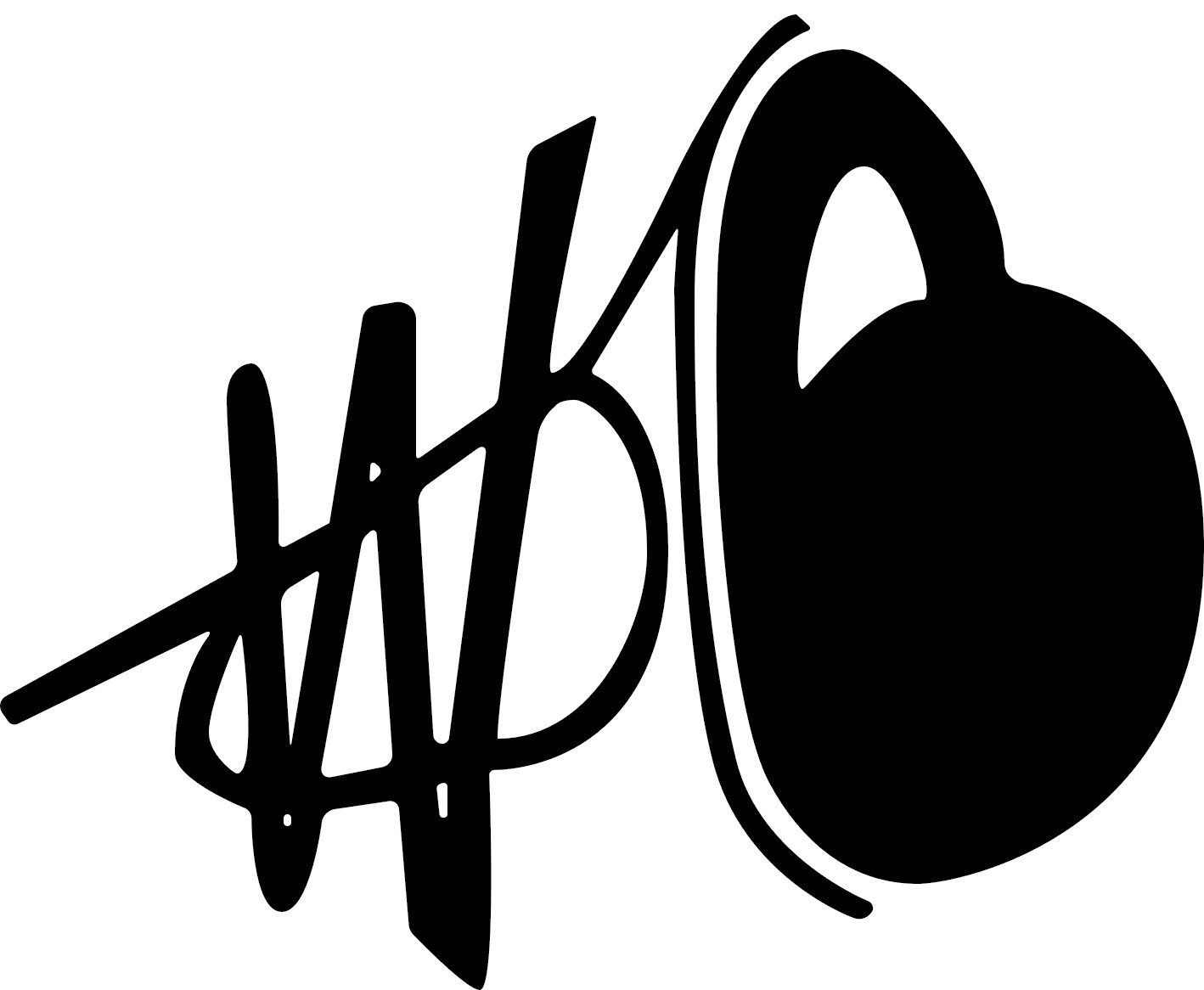reframe, renew, repeat
The bleeding edge is sexy as hell, and important. But it's not where most of us live, and it's not how most of us learn.
Instead, we need the important stuff to be reframed, dressed up and trotted out for a second, fifth, or fiftieth time. While leading or teaching or coaching, we need to be courageous enough to keep saying the things that are true while being empathetic enough to not just say them the same way.
It's easy to get trapped by the need to make new things. To be so novel that you will astound the masses. But it's enough to be patient and steady, and merely offer a reminder of the good stuff that came before. You may freshly cloth it, and express with soul, but what was true then will be true now--and that is enough.
In fact, it is the only way any of us really learn. The first time groundwork is laid, but the follow-up is where the magic happens. Truly, the gradual process of connecting past experience with fresh insight is where the best things come from. By tilling the ground behind us, we find meaning where it had been lost and we select for the best while leaving the rest.
We juice today's fresh fruit with our trustiest machines, and make something worthwhile.
